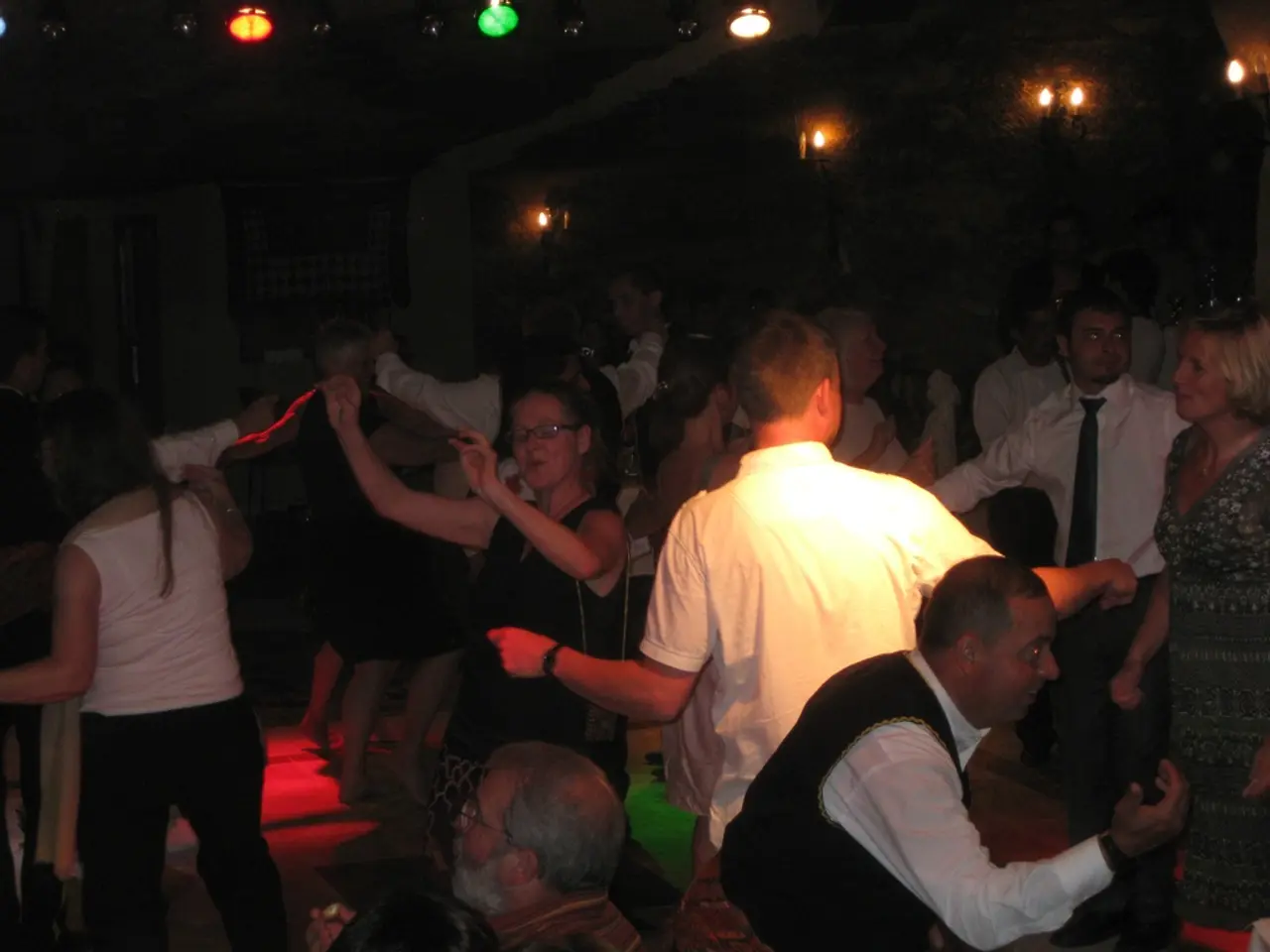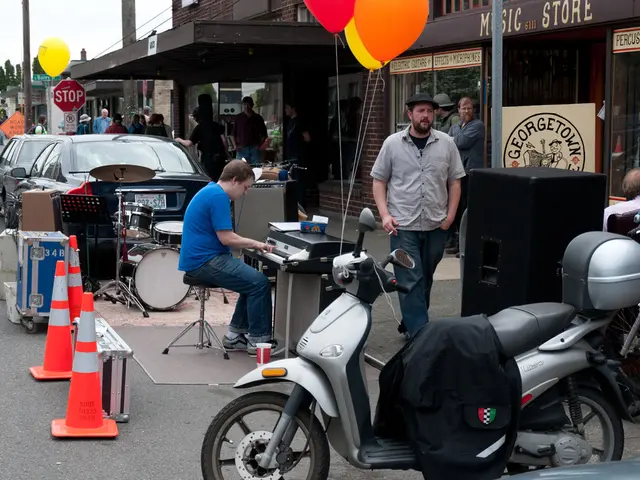Uncovering the reasons for the growing trend of cafe parties in Asia
In the heart of Singapore, a 21-year-old named Aden Low is making waves in the nightlife scene. As the co-founder of Beans & Beats, a sober event collective, Aden is spearheading a movement that is redefining the way young Asians party.
Aden's idea of partying was never limited to dark rooms and heavy drinking. He envisioned a nightlife that was more about socialising and less about substance consumption. This vision resonates with the new nightlife in Asia, characterised by its sobriety, social atmosphere, and safety.
For many in his generation, the primary reference for nightlife has shifted from physical clubs to live-streamed DJ sets at home. This digital transition is particularly evident in cities like Bangkok, where younger locals are seeking alternatives to the tourist and alcohol-centric nightlife scene.
Walking into a physical nightclub feels like entering unfamiliar territory for many in this generation. This sentiment is echoed in Bangkok, where a shift towards sober and wellness-focused daytime events is occurring. Amy Tucker, from the sober and wellness-focused daytime events organiser Before Midnight, notes this change in the city.
Amy, who also organises sober and wellness-oriented day events in Germany, observes that younger locals in Bangkok prioritise genuine connection over consumption. To cater to this demand, the cafe is transformed into a dance floor for daytime social events.
In Hong Kong, this trend of declining alcohol consumption is also evident. Per capita alcohol consumption decreased from 2.84 litres in 2018 to 2.24 litres in 2023. This decline is echoed in cities like Seoul and Tokyo, indicating a broader shift in the Asian nightlife landscape.
Gen Z is leaning towards sober curiosity, and Aden Low never had the chance to immerse in club culture before the pandemic ended. Feeling out of sync with traditional nightlife, he decided to build his own alternative—Beans & Beats. Aden stopped waiting for the industry to adapt and instead took matters into his own hands.
This trend of millennials aging into health consciousness is reflected in the rise of sober event collectives like Beans & Beats. These alternatives to traditional nightlife offer a safe, social, and sober environment for young Asians to enjoy themselves without the pressure of substance consumption.
In conclusion, the Asian nightlife scene is undergoing a significant transformation. The focus is shifting from heavy drinking to genuine connection, and from dark clubs to bright, daytime social events. With the rise of collectives like Beans & Beats and organisers like Amy Tucker, the future of nightlife in Asia looks brighter and healthier than ever before.








